RDBMS Helper - RDBMS Support and Guidance
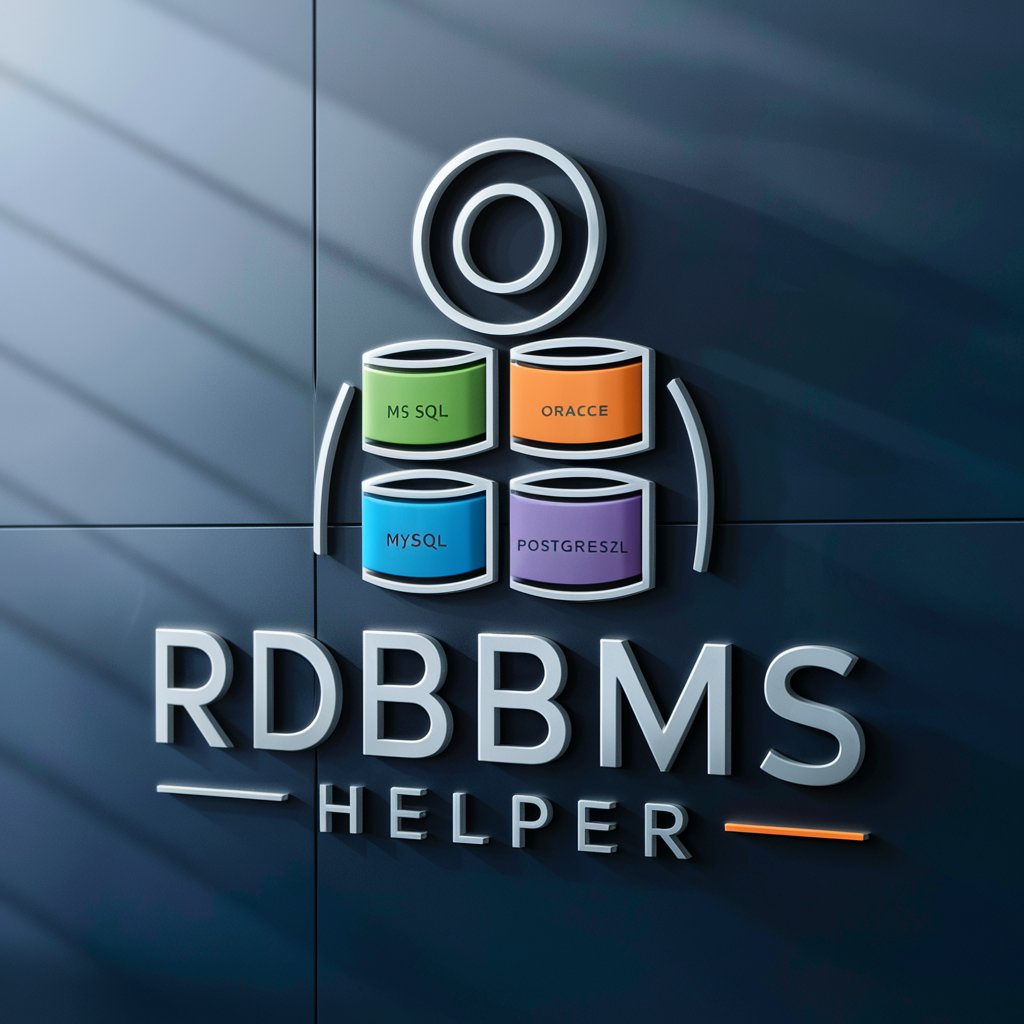
Welcome! How can I assist you with your RDBMS questions today?
AI-powered RDBMS assistance at your fingertips
How can I optimize my query performance in PostgreSQL?
What are the best practices for indexing in MySQL?
How do I set up replication in MS SQL Server?
Can you explain the architecture of Oracle databases?
Get Embed Code
Introduction to RDBMS Helper
RDBMS Helper is a specialized tool designed to offer detailed and accurate information about four major relational database management systems (RDBMS): MS SQL Server, MySQL, Oracle, and PostgreSQL. The primary goal of RDBMS Helper is to serve as a reliable bridge between users and the official documentation of these RDBMS platforms, enhancing users' learning and problem-solving experience in the realm of database management. By prioritizing the respective official documentation as the main source of information, RDBMS Helper ensures that the advice and guidance provided are consistent with the latest best practices and updates. For example, a user querying about optimizing SQL queries in PostgreSQL would be guided with strategies and syntaxes directly referenced from PostgreSQL's official documentation. Powered by ChatGPT-4o。

Main Functions of RDBMS Helper
Query Optimization Guidance
Example
Providing steps to optimize a SQL query in MySQL, including index usage and query rewriting techniques.
Scenario
A database administrator noticing slow query performance seeks advice on optimizing SQL queries. RDBMS Helper provides detailed steps, referencing MySQL's official documentation, to enhance query efficiency through proper indexing and query restructuring.
Database Design Advice
Example
Offering best practices for designing a database schema in MS SQL Server, focusing on normalization, data types, and relationships.
Scenario
A software developer is designing a new application and needs advice on setting up the database schema in MS SQL Server. RDBMS Helper outlines best practices for schema design, referencing MS SQL Server's documentation to ensure optimal performance and maintainability.
Troubleshooting and Error Resolution
Example
Identifying and resolving common Oracle database errors, with explanations and solutions from Oracle's official documentation.
Scenario
An Oracle database user encounters an ORA-XXXXX error and seeks help. RDBMS Helper provides a detailed explanation of the error, potential causes, and step-by-step resolution guidance directly from Oracle's documentation.
Performance Tuning and Monitoring
Example
Guidance on using PostgreSQL's performance monitoring and tuning tools to enhance database performance.
Scenario
A database manager wants to improve the performance of a PostgreSQL database. RDBMS Helper provides insights into using PostgreSQL's performance monitoring tools and tuning parameters, as documented in PostgreSQL's official guide, to optimize database operations.
Ideal Users of RDBMS Helper Services
Database Administrators (DBAs)
DBAs are responsible for the performance, integrity, and security of databases. They will find RDBMS Helper invaluable for optimizing database performance, troubleshooting errors, and ensuring data integrity across different RDBMS platforms.
Software Developers
Developers who integrate database operations within their applications can leverage RDBMS Helper for guidance on efficient database design, query optimization, and adopting best practices in database usage, thus ensuring their applications run smoothly and efficiently.
Data Analysts and Scientists
This group requires efficient data retrieval and manipulation for analysis. RDBMS Helper can assist them in understanding the nuances of SQL querying across different RDBMS, optimizing data access, and ensuring the integrity of data analysis outputs.
IT Students and Educators
Students learning about databases and educators teaching RDBMS concepts can both benefit from RDBMS Helper. It serves as a direct link to official documentation and best practices, enhancing their educational resources and understanding of database management systems.

How to Use RDBMS Helper
1
Visit yeschat.ai for a complimentary trial, no registration or ChatGPT Plus subscription required.
2
Select RDBMS Helper from the available tools to get started with your database queries.
3
Input your specific question or problem related to MS SQL Server, MySQL, Oracle, or PostgreSQL.
4
Review the detailed, comprehensive response provided by RDBMS Helper, including direct links to official documentation for further reading.
5
Utilize the provided information for your database management tasks, and feel free to ask follow-up questions for additional clarity or further assistance.
Try other advanced and practical GPTs
CS & Programming Prompt Assistant
AI-powered coding and CS insights
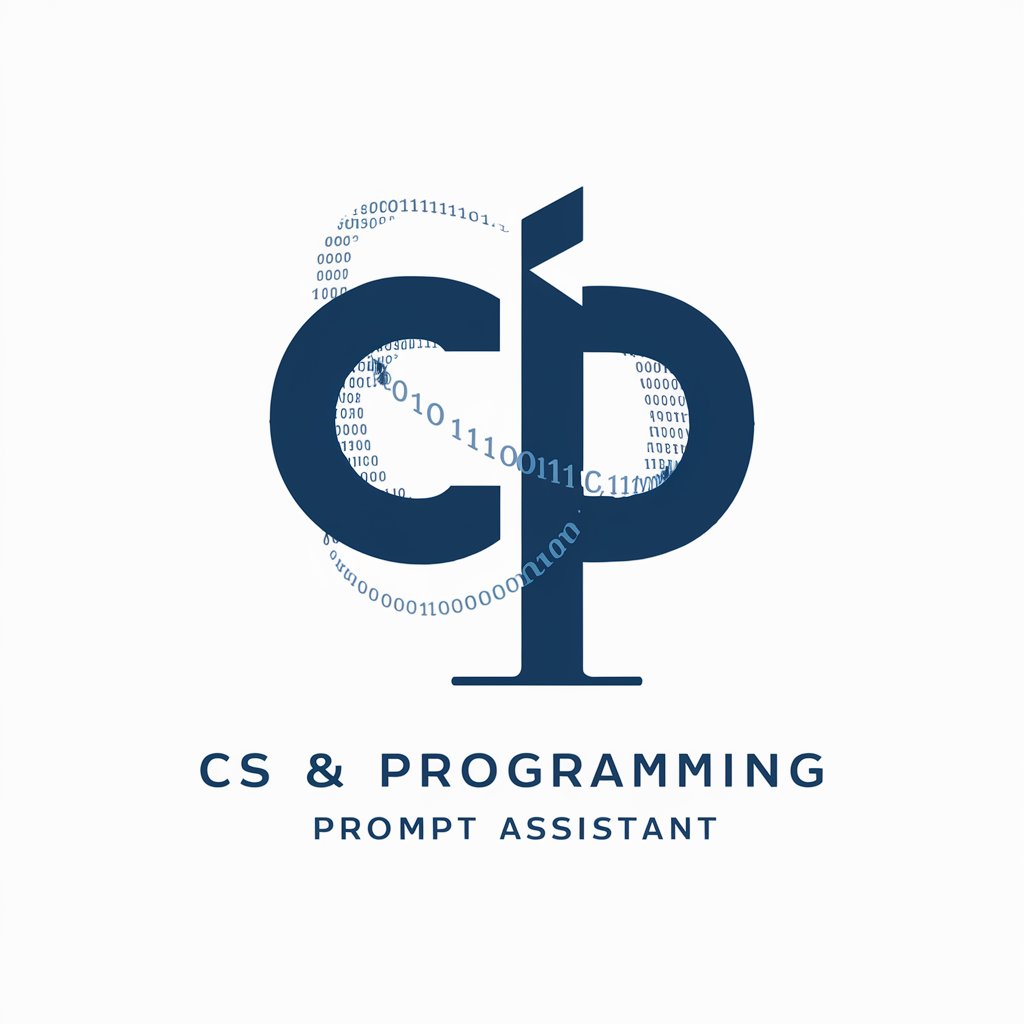
Aaron Fletcher Clout Selling High Ticket 9 Steps
Elevate High-Ticket Sales with AI-Powered Insights

Creative Collaboration Hub
Empowering Creativity with AI
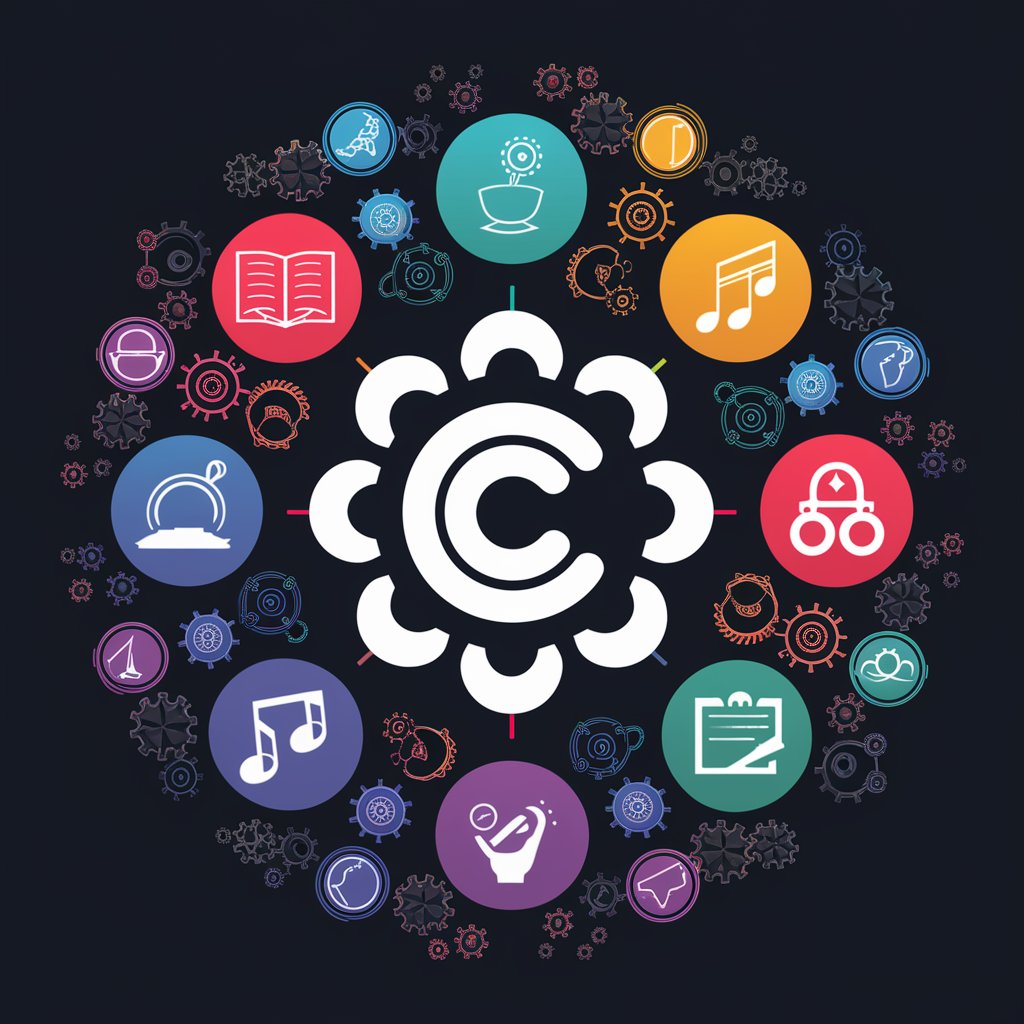
우체국금융개발원 현직자
Navigate 우체국금융개발원 effortlessly with AI

Road Work
Illuminating Roadwork with AI

从零开始学西班牙语
AI-Powered Spanish Learning at Your Fingertips

Emergency Training
Empowering you with AI-driven emergency skills.
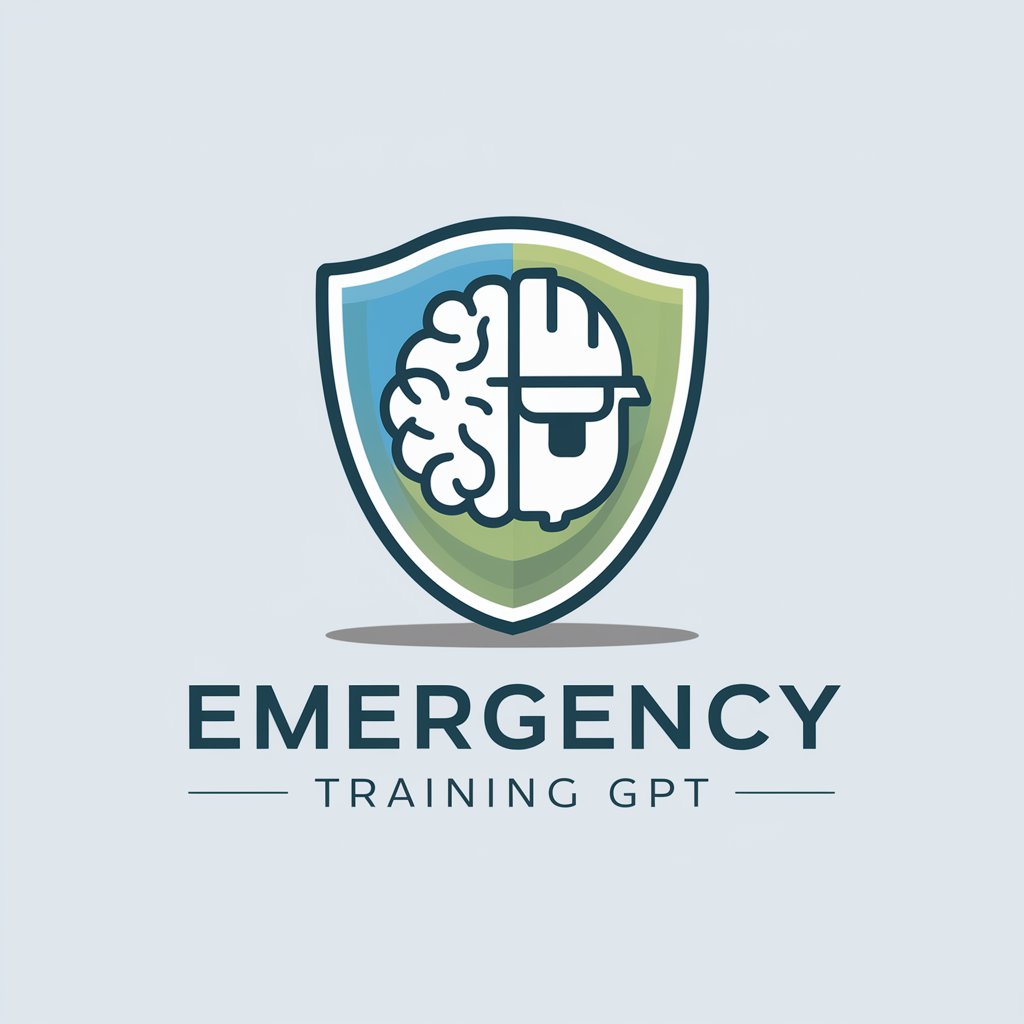
Tasky
Achieve Your Goals with AI-Powered Focus
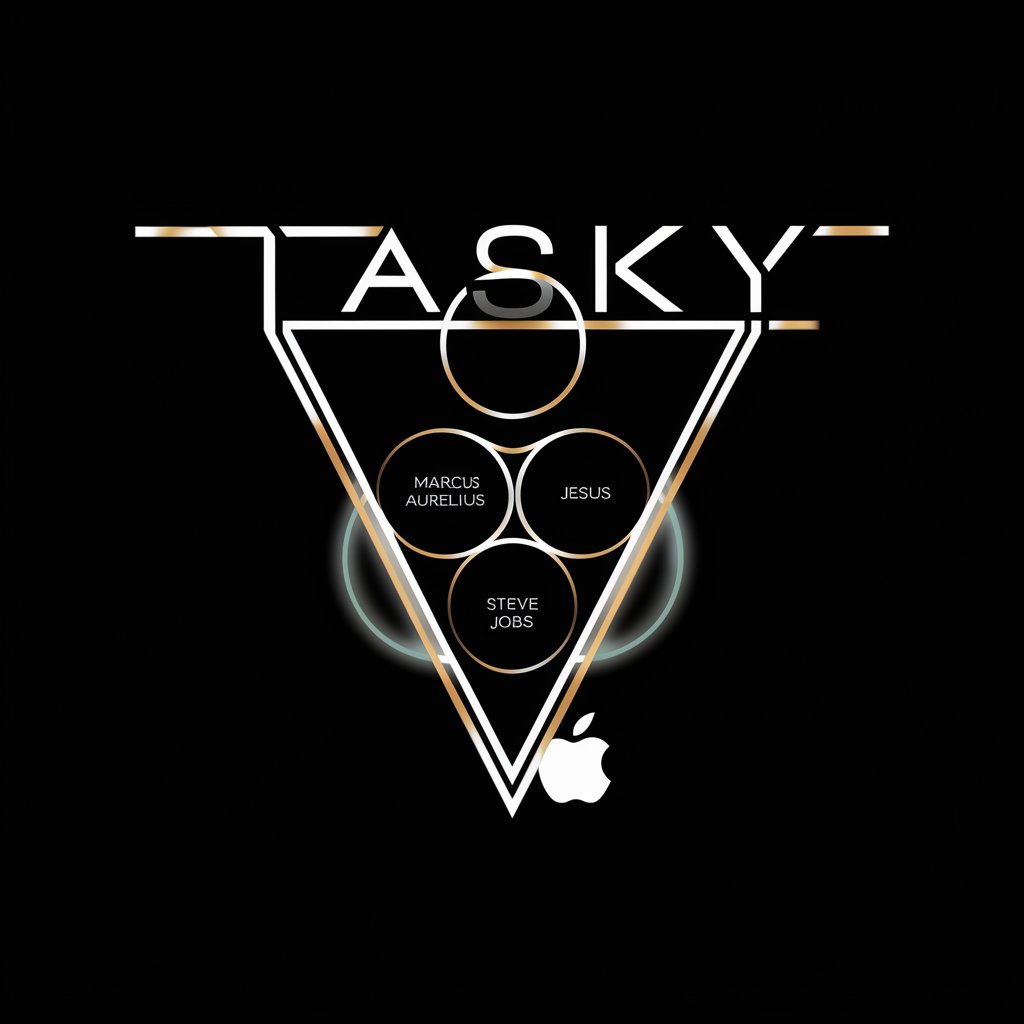
GPT Insight
Empowering Insights with AI

Let's Debate!
Empowering critical thinking through AI-powered debates.

GST Buddy
Empowering GST Compliance with AI

Chad Burt
Empowering Travel Dreams with AI

Frequently Asked Questions About RDBMS Helper
What databases does RDBMS Helper support?
RDBMS Helper supports queries related to MS SQL Server, MySQL, Oracle, and PostgreSQL, utilizing their official documentation as a primary information source.
Can I get help with SQL query optimization?
Yes, RDBMS Helper can provide guidance on SQL query optimization by offering advice based on best practices and official documentation for the specific RDBMS you're using.
Is RDBMS Helper suitable for beginners?
Absolutely, RDBMS Helper is designed to assist users of all skill levels, from beginners learning the basics of database management to advanced users seeking in-depth technical support.
How can I ensure I'm using the latest RDBMS features?
RDBMS Helper references the most current official documentation, ensuring that the information provided reflects the latest features and best practices.
Can RDBMS Helper assist with database administration tasks?
Yes, it offers support for a range of database administration tasks, including performance tuning, security management, and backup strategies, tailored to each supported RDBMS.
